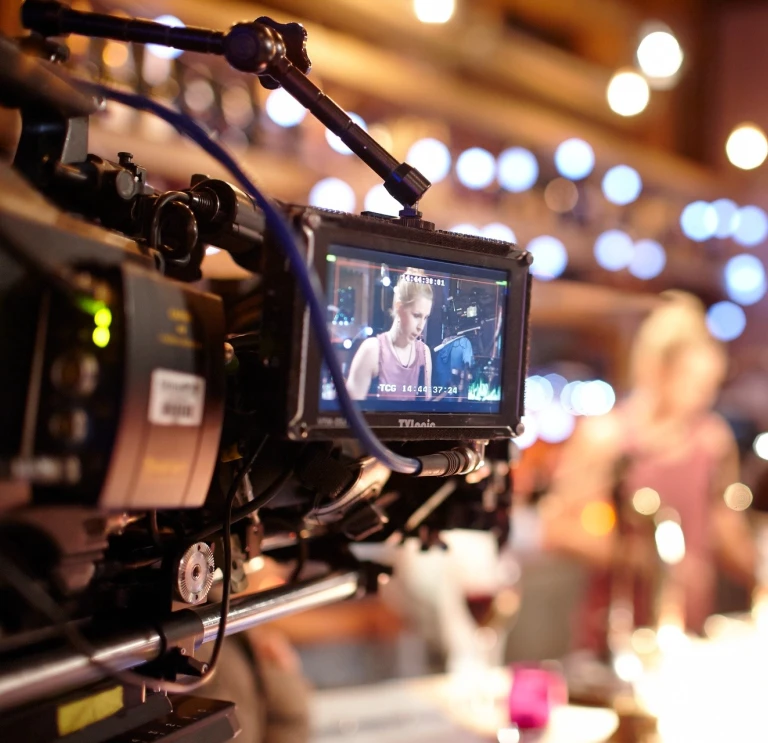Audiences around the globe have grown accustomed to spotting parts of Wales on the big (and small) screen in recent years, as storytellers increasingly opt to use the dramatic Welsh scenery as backdrops for their big-scale productions.
But, it isn’t just our mountains, cityscapes and coastlines that Wales has to offer the film industry. The country is home to a growing number of talented Welsh filmmakers keen to share their unique stories with the world.
And this is where the Made in Wales project comes in.
Launched by Film Hub Wales, one of eight hubs around the UK that form part of the British Film Institute's Film Audience Network (FAN), the Made in Wales project provides resources to help Welsh-made films get shown to audiences, acting as an essential link between film distributors and exhibitors..
Since 2014, Film Hub Wales has been working with independent cinemas and exhibition spaces in Wales to help them grow their audiences, offering training courses (in areas such as marketing or financial planning), hosting events, and undertaking research to better understand the wants and needs of Welsh filmgoers.
But, following a steady increase in appetite from audiences (and therefore cinemas) specifically for Welsh-made and Welsh-language features and shorts, it became evident a dedicated team was needed to focus specifically on this segment of the industry.
In the last few years, the Made in Wales project has provided promotional support to over 150 films, and marketing or curation assistance to over 100 Welsh cinemas. The project also ran press campaigns, chaired industry meetings, and launched The Whole Story, a website covering all things Welsh film, featuring relevant news, interviews and podcasts.
Speaking about the role of both Film Hub Wales and the Made in Wales project, Hana Lewis, Strategic Manager for FHW, said, “I do think that distribution can sometimes be seen as the less glamorous area of the film chain. Often there’s a lot of focus on production and crewing, but distribution of film is a vital link when it comes to ensuring a film is actually seen by audiences.”
Films supported by the Made in Wales project include Gwledd, a Welsh-language horror set in Snowdonia, Donna, a documentary (by a Welsh director) about a transgender playwrite in California, and Save The Cinema, a film detailing the real-life efforts of Welshwoman Liz Evans to save her local theatre from closing (by miraculously convincing Steven Spielberg to host a film premier in her small town).
Along with the economic benefits offered by a thriving film sector in Wales, Film Hub Wales also notes the social benefits Welsh film can have on challenging stereotypes about Wales, sharing authentic stories that widen perceptions of the country.
Speaking on this topic, Radha Patel, Made in Wales Officer, said, “We can use Welsh film to say, ‘This is Wales, this is what Wales looks like, this is who we are as a nation and these are our values’. Independent films in particular give filmmakers a lot more ownership over their work, so they can tell exciting, diverse stories that delve beyond the typical Welsh tropes often found in mainstream releases.”
Looking to the future, Made in Wales hopes to produce a digital magazine about the Welsh film industry, generate a stronger culture of film criticism and appreciation, and run workshops to challenge pre-existing perceptions of ‘Welshness’.
Interested in seeing Welsh film on screen? Check out this list of quirky independent cinemas around Wales.
More information:
